Discover 10 Foods That Fight Inflammation & Boost Health. From turmeric to berries, these superfoods are your kitchen pharmacy. Start your journey to better health today! Read on to learn how these simple
dietary changes can make a significant impact on your well-being
Inflammation, you see, is like that uninvited guest who just won't leave. Short-term inflammation is okay, our body's way of dealing with an injury or infection. But chronic, long-lasting inflammation?
That's the real trouble maker, linked to all kinds of health problems from joint pain to heart issues. The good news is, you can fight this fire from within - with your food! You don't always need fancy medicines; sometimes, your kitchen is the best pharmacy.
So, ditch the processed foods and embrace these inflammation-fighting superstars available everywhere in India. They are easily available and affordable for all, so let's check them out.
Turmeric: The Golden Healer
Turmeric, or haldi as we lovingly call it, is like the superstar of anti-inflammatory foods. It gets its power from curcumin, a compound known for its potent health benefits. Curcumin helps block molecules that trigger inflammation in the body.
Add a pinch of turmeric to your dal, sabzi, or even your morning glass of milk. You can also try turmeric tea for a warm, soothing beverage. Remember to pair it with black pepper, as it enhances curcumin absorption. It's a simple trick to get the most out of this golden spice.
Your grandmother probably already knew all about this miracle ingredient, and she was right! Regular use of turmeric will improve your overall health.
Ginger: Spice Up Your Health
Ginger, or adrak, is another kitchen staple in India with amazing anti-inflammatory properties. It contains compounds called gingerols, which can help reduce pain and inflammation. Ginger is versatile and can be used in many ways.
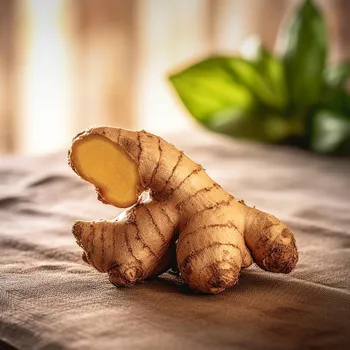
Grate it into your tea, add it to your stir-fries, or chew on a small piece to relieve nausea. Ginger ale is also a refreshing choice, especially during the summer months. It is very beneficial during seasonal congestion as well. But avoid packaged versions loaded with sugar and preservatives.
Fresh ginger is always the best option. Remember to talk to your doctor if you are on some medication, as in very rare cases, ginger may interfere with it.
Leafy Green Vegetables
Think spinach, kale, and methi – these are your leafy green warriors against inflammation. They are packed with antioxidants and vitamins, which help protect your cells from damage and reduce inflammation. These greens are also rich in Vitamin K, which is essential for bone health.
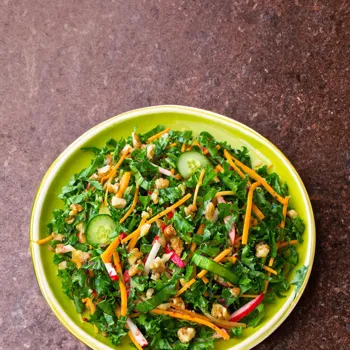
Add them to your sabzis, salads, or smoothies. You can also make palak paneer or saag for a delicious and healthy meal. And remember, variety is key! Mix up your greens to get a wide range of nutrients. Sourcing organic green vegetables is best as it minimizes the chances of ingesting toxins.
So get your greens from the local farmers market.
Berries: Sweet Treats with a Punch
While often thought of as exotic, berries are becoming more readily available in India, and their benefits make them worth seeking out.
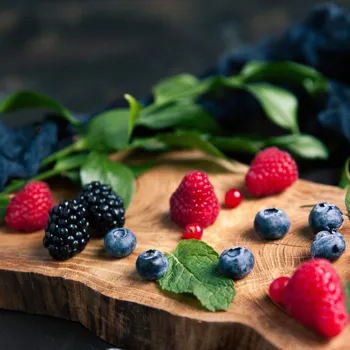
Blueberries, strawberries, raspberries – they are all packed with antioxidants called anthocyanins, which give them their vibrant colors and powerful anti-inflammatory properties. Throw them into your morning cereal, add them to your yogurt, or simply enjoy them as a snack.
Berries are also a great source of fiber, which is good for your gut health. If fresh berries are hard to find, frozen berries are also a good option and retain most of their nutritional value. Just remember to check the ingredient list for added sugars.
Tomatoes: The Humble Healer
The humble tomato, a staple in Indian cooking, is a great source of lycopene, another powerful antioxidant. Lycopene has been linked to reduced risk of certain cancers and heart disease, and it also combats inflammation.
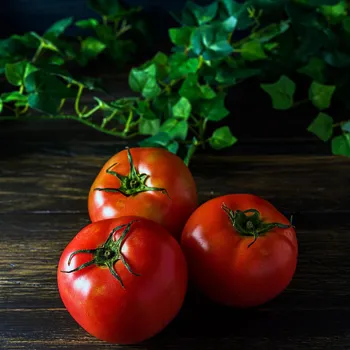
Whether you're making rasam, sambar, or just a simple tomato chutney, you're getting a dose of inflammation-fighting goodness. Cooking tomatoes actually increases the amount of lycopene your body can absorb. So go ahead and enjoy that tomato soup! Just be sure to limit the added sugar and salt.
Tomatoes are truly a versatile and beneficial addition to your diet.
Nuts and Seeds: Crunchy Goodness
Almonds, walnuts, flaxseeds, chia seeds – these are all excellent sources of healthy fats, fiber, and antioxidants. They can help reduce inflammation and support overall heart health. Add them to your breakfast, sprinkle them on your salads, or snack on a handful of nuts throughout the day.
Flaxseeds and chia seeds are especially rich in omega-3 fatty acids, which are known for their anti-inflammatory effects. You can grind flaxseeds and add them to your atta for extra nutrition. Nuts and seeds are also a great way to add texture and flavor to your meals.
And remember portion control – a little goes a long way!.
Olive Oil: A Mediterranean Secret
Olive oil, especially extra virgin olive oil, is rich in oleocanthal, a compound with anti-inflammatory properties similar to ibuprofen. Use olive oil as your primary cooking oil, drizzle it over your salads, or use it to make dips and dressings.
But be sure to choose extra virgin olive oil, as it is less processed and retains more of its beneficial compounds. Avoid heating olive oil at high temperatures, as this can damage its beneficial properties. Its a great way to swap out unhealthy fats, that causes inflammation in your body.
Fatty Fish: Omega-3 Powerhouse
While this article focuses on vegetarian options, it’s important to acknowledge the significant role of fatty fish like salmon, mackerel, and sardines in reducing inflammation, thanks to their high omega-3 content.
Whole Grains: Fiber-Rich Carbs
Opt for whole grains like brown rice, oats, and whole wheat instead of refined grains like white bread and white rice. Whole grains are rich in fiber, which helps regulate blood sugar levels and reduce inflammation. They also provide sustained energy and keep you feeling full for longer.
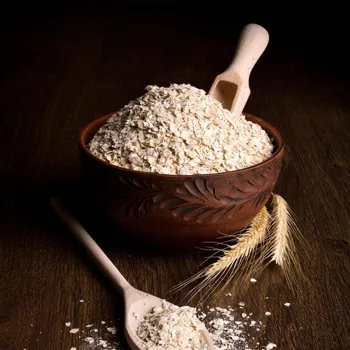
Start your day with a bowl of oatmeal, choose brown rice for your meals, and look for whole wheat bread. These simple swaps can make a big difference in your overall health. And remember to read the ingredient list carefully to ensure that you are truly getting whole grains.
They are also a great source of gut-friendly bacteria, which is essential for overall well-being.
Mushrooms: Earthy Immunity Boosters
Certain types of mushrooms, like shiitake, maitake, and reishi, are known for their immune-boosting and anti-inflammatory properties. They contain compounds that can help modulate the immune system and reduce inflammation. Add them to your soups, stir-fries, or omelets.
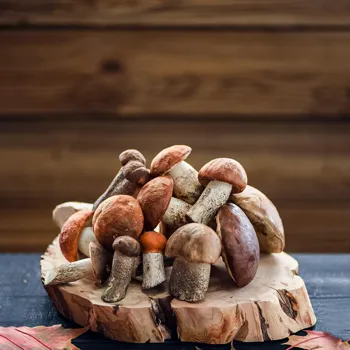
Mushrooms are also a good source of B vitamins and minerals. They offer a unique earthy flavor that can enhance your meals. So get creative and explore the world of mushrooms.
But be sure to source them from reputable vendors and avoid eating wild mushrooms, unless you are absolutely sure of their identity.
The simple act of consciously choosing anti-inflammatory foods can result in drastic improvements in your health.
The food we eat directly affects our inflammation levels. Each ingredient has its own special property that keeps inflammation under check, and contributes to improved well-being.
By incorporating these foods into your diet, you can naturally reduce inflammation and improve your overall health.
So, start eating your way to better health today! Remember to consult with a doctor or registered dietitian for personalized advice. Eating healthy isn't a punishment, it's taking care of yourself.
AI Generated Content. Glance/InMobi shall have no liability for the content













